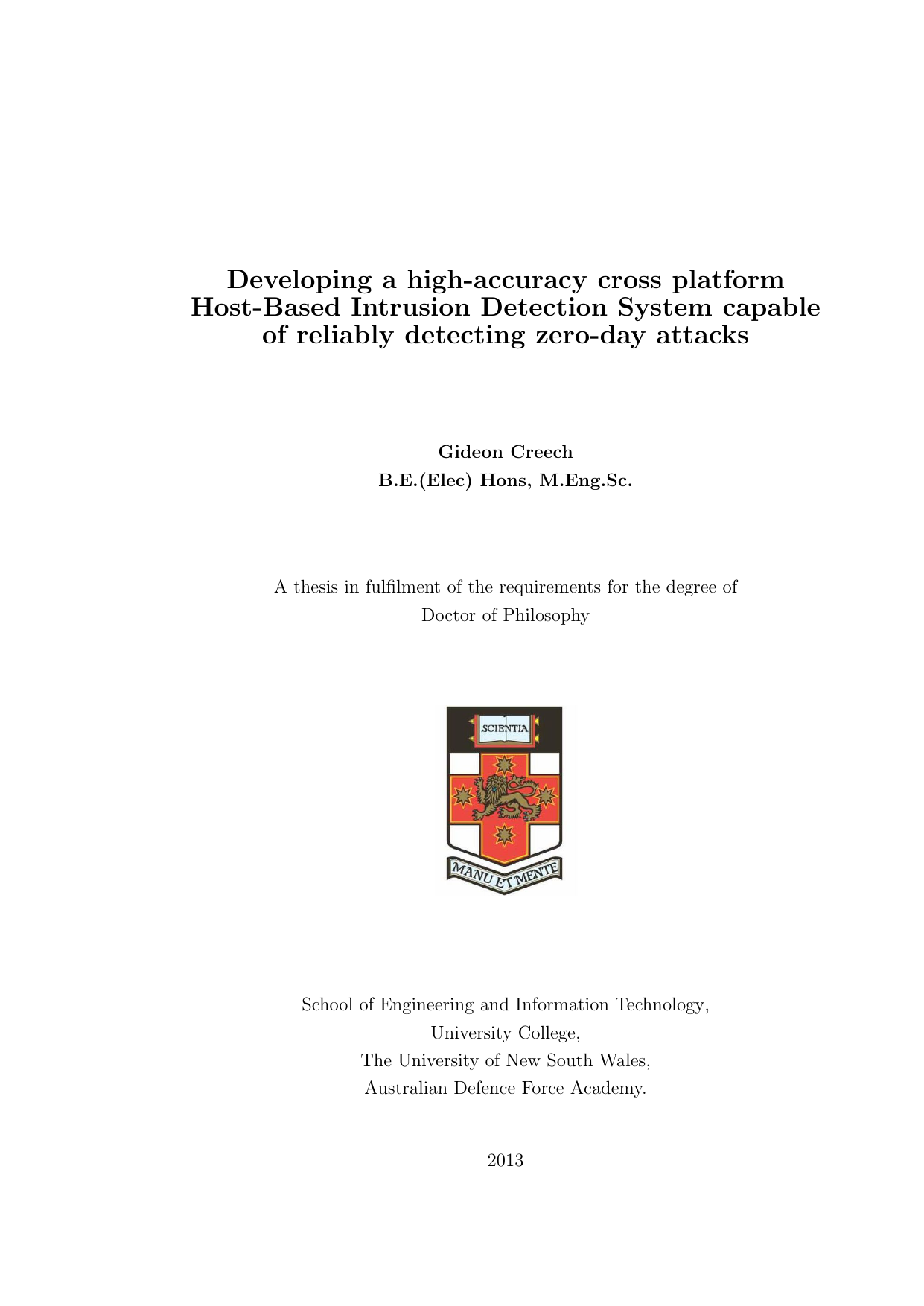
It was discovered that a systemd service that uses DynamicUser property can create a SUID/SGID binary that would be allowed to run as the transient service UID/GID even after the service is terminated. A local attacker may use this flaw to access resources that will be owned by a potentially different service in the future, when the GID will be recycled. It was discovered that a systemd service that uses DynamicUser property can get new privileges through the execution of SUID binaries, which would allow to create binaries owned by the service transient group with the setgid bit set.

This occurs because the KDGKBMODE (aka current keyboard mode) check is mishandled. Systemd 242 changes the VT1 mode upon a logout, which allows attackers to read cleartext passwords in certain circumstances, such as watching a shutdown, or using Ctrl-Alt-F1 and Ctrl-Alt-F2. A missing SocketMode configuration parameter allows any user on the host to connect using virtlockd-admin-sock or virtlogd-admin-sock and perform administrative tasks against the virtlockd and virtlogd daemons. Published: J6:15:12 PM -0400Ī vulnerability was found in libvirt >= 4.1.0 in the virtlockd-admin.socket and virtlogd-admin.socket systemd units.
Malwarebytes 2.2.1 key blacklisted Patch#
This affects Desktop Central 10.0.380, EventLog Analyzer 12.0.2, ServiceDesk Plus 10.0.0, SupportCenter Plus 8.1, O365 Manager Plus 4.0, Mobile Device Manager Plus 9.0.0, Patch Connect Plus 9.0.0, Vulnerability Manager Plus 9.0.0, Patch Manager Plus 9.0.0, OpManager 12.3, NetFlow Analyzer 11.0, OpUtils 11.0, Network Configuration Manager 11.0, FireWall 12.0, Key Manager Plus 5.6, Password Manager Pro 9.9, Analytics Plus 1.0, and Browser Security Plus. This will effectively allow non-privileged users to escalate privileges to NT AUTHORITY\SYSTEM. Moreover, the services associated with said products try to execute binaries such as sc.exe from the current directory upon system start. Multiple Zoho ManageEngine products suffer from local privilege escalation due to improper permissions for the %SYSTEMDRIVE%\ManageEngine directory and its sub-folders. An unprivileged user can exploit this by executing D-Bus methods that should be restricted to privileged users, in order to change the system's DNS resolver settings. In systemd 240, bus_open_system_watch_bind_with_description in shared/bus-util.c (as used by systemd-resolved to connect to the system D-Bus instance), calls sd_bus_set_trusted, which disables access controls for incoming D-Bus messages. NOTE: This has been disputed by the developer as not a vulnerability since hostname validation does not have anything to do with this issue (i.e. Server Name Indication (SNI) is not sent, and there is no hostname validation with the GnuTLS backend. ** DISPUTED ** systemd 239 through 245 accepts any certificate signed by a trusted certificate authority for DNS Over TLS.
Malwarebytes 2.2.1 key blacklisted windows#
Signal Desktop before 1.29.1 on Windows allows local users to gain privileges by creating a Trojan horse %SYSTEMDRIVE%\node_modules\.bin\wmic.exe file. When executing the udevadm trigger command, a memory leak may occur. Published: Janu4:15:12 PM -0500Īn issue was discovered in button_open in login/logind-button.c in systemd before 243.

An authenticated attacker (non-admin) can disable UAC for other users by renaming and replacing %SYSTEMDRIVE%\IXP\DATA\IXPAS.IXP.


In IXP EasyInstall 3, it is possible to temporarily disable UAC by using the Agent Service on a client system.


 0 kommentar(er)
0 kommentar(er)
